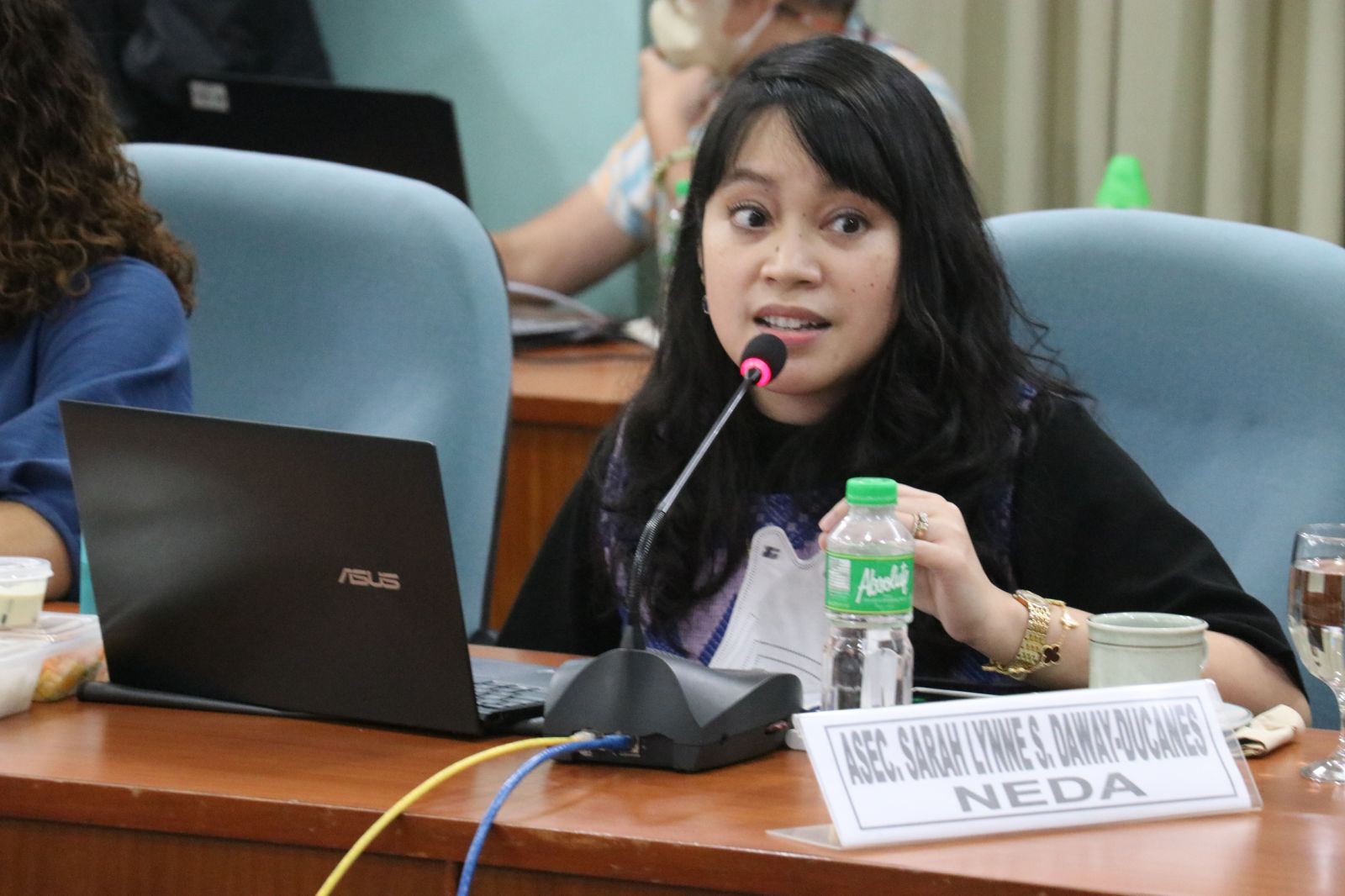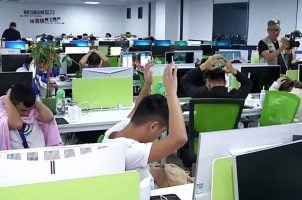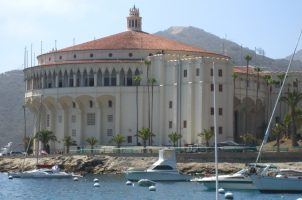POGOs Could Cripple Philippines Inbound Tourism, According to Government Official
Posted on: October 20, 2022, 08:29h.
Last updated on: October 20, 2022, 12:49h.
A government official in the Philippines is making the most out of a recent controversy over the Philippine Online Gaming Operator (POGO) segment. Sarah Lynne Ducanes believes POGOs are a threat to tourism, although she can’t provide any data to substantiate her claim.

Just over a week ago, Senate President Juan Miguel Zubiri said China had placed the Philippines on a blacklist for tourism. China later denied the claim and said that Zubiri misinterpreted comments. Zubiri has stood by his assertion.
Ducanes, the assistant secretary for the Policy and Planning Group at the National Economic and Development Authority (NEDA), is taking full advantage of the confusion surrounding the blow-up. At a hearing Wednesday in the House of Representatives, she said POGOs are causing angst among tourists and potential investors.
POGOs Damage the Country’s Reputation
Ducanes’ remarks came as part of a government meeting on employment. The Philippine Inquirer reported that she says POGOs are causing more damage to the perception of the country than the benefits they provide.
Most of the issues surrounding POGOs as of late don’t focus on legal concerns. Instead, questions of shady operators and human trafficking stem from illegal operations. These, as Philippine Amusement and Gaming Corp (PAGCOR) explains, don’t have licenses and are not technically part of the POGO ecosystem.
Ducanes tried altering her position during the hearing by stating that the issue isn’t with POGOs per se, but with the “fraudulent activities” associated with the activity. She then touched on China’s blacklist as an example of how the segment could impact tourism.
She added that NEDA’s data supports the theory, in particular with Chinese tourism. She said cutting off POGOs completely might result in an initial loss of revenue for the Philippines. But she added a resulting increase in tourism would offset the loss.
Some lawmakers disputed the findings during the hearing. PAGCOR data previously showed that tourism from China only provided around 1.37% of the entire market. It doesn’t appear that there will be any increase soon, since China continues pushing its zero-COVID-19 policy.
Representative Joey Salceda called out Ducanes for the remarks. He said the NEDA data was “highly speculative,” as China’s travel rules are the real deterrent – not POGOs.
Deportations Begin
The discussion was part of a focus on how legislative changes might impact employment. There is talk about banning all forms of online gambling, although some legislators would prefer a softer approach.
The discussion about the ban gained steam as a result of the issues with POGOs. The Philippines has been working to clean up their image and appease China at the same time. It took another step toward that goal on Wednesday when the Philippines Bureau of Immigration deported a small handful of Chinese nationals.
The deportees previously worked at POGOs and, when operators left the business, they stayed in the country. As a result, they were sent home after living in the Philippines on expired visas.
There are around 40K people that the country is hoping to deport, provided it can find all of them. At least 3,000 of these are scheduled to be removed before the end of October.
Three years ago, there were 63 licensed POGOs. Now, there are just 34 after many quit when the Philippines implemented new taxes on the segment.
Related News Articles
Philippines Offshore Gaming Operator Numbers Dwindles
Philippines POGO Market Puts the Country on China’s Tourism Blacklist
Most Popular
Mega Millions Reportedly Mulling Substantial Ticket Price Increase
NoMad Hotel to Check Out of Park MGM on Las Vegas Strip
Most Commented
-
End of the Line for Las Vegas Monorail
— April 5, 2024 — 90 Comments -
Mega Millions Reportedly Mulling Substantial Ticket Price Increase
— April 16, 2024 — 9 Comments -
Long Island Casino Opponents Love New York Licensing Delays
— March 27, 2024 — 5 Comments
















No comments yet